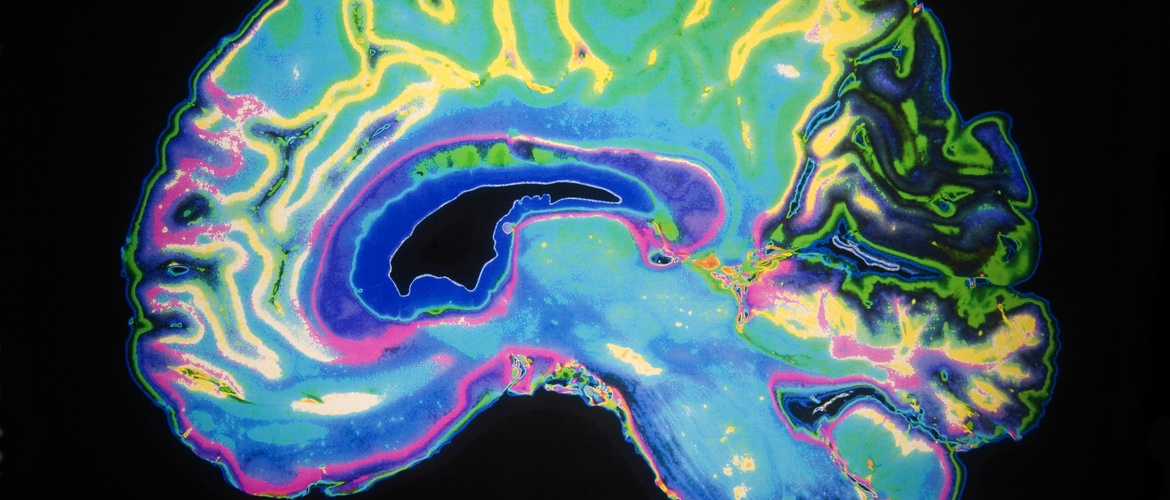
Choose a channel
Check out the different Progress in Mind content channels.

Progress in Mind

Dementia is the most feared disease. For years, we could not see how to prevent it. Is now the time for bold ambition in halting the tidal wave of dementia, given the Lancet Commission’s revelation that nine risk factors account for more than a third of cases?
Thorough analysis of the epidemiological data on dementia identified nine modifiable risk factors: low educational level in childhood, followed by the mid-life risks incurred through hearing loss, hypertension and obesity, and then smoking, depression, physical inactivity, social isolation and diabetes in later life.
There is a great deal we can do to transform the health and social care crisis caused by dementia, Richard Horton, Editor of The Lancet, told the AAIC session that formally marked publication – after two years’ deliberation by 24 international experts – of the evidence-based recommendations arrived at by the prestigious journal’s Commission on Dementia.
The Commission recognizes that eliminating all modifiable risk factors is not possible. But, it argues, it is perfectly feasible to cut risks enough to push the mean age of dementia onset back by a year, which would prevent nine million cases by 2050. And delaying average onset by five years would halve the global burden.
Pushing back age of onset by five years would halve the global dementia burden
Following emergence of symptoms and the diagnosis of dementia, we must of course attempt active palliation to maximize patient autonomy. But, Karen Ritchie (of INSERM, France) argued that we need to extend the concept of care beyond crisis intervention and adopt a disease-course perspective: the first line of care is prevention. And this should start well before even mild cognitive impairment.
Dementia is a disorder that begins in mid-life – probably in most cases between the ages of 40 and 65 -- but is clinically silent until its end-stage. Tackling it therefore requires an approach to prevention that embraces a wide period of our lives.
Though symptoms are late in onset, dementia is really a disease of mid-life. Brain pathology is present decades before dementia
It’s never too early and it’s never too late, said Gill Livingston, of University College London, UK, who chaired the Commission.
Modifying lifestyle factors has already made a difference since the incidence of dementia in some countries – the UK, USA, Sweden, the Netherlands and Canada were mentioned as examples – has fallen by 20%. This reduced risk has been seen mainly in people with higher levels of education, since it seems that learning makes the brain more resilient to the effects of brain pathology. Education may also better provide people with the tools for self-help.
The Commission estimated the percentage reduction in new cases that would be achieved by the elimination of each risk factor (the population attributable fraction, PAF). The weighted PAF for low levels of education was 7.5%, and that for mid-life hearing loss 9.1%; for hypertension, the figure was 2% and for obesity 0.8%. The PAFs for the later-life factors of smoking and physical inactivity were 5.5% and 2.6% respectively, while diabetes had a PAF of 1.2%. Social isolation was thought to contribute 2.3% of cases, and depression 4%.
The grand total of these preventable factors is 35%. Intriguingly, the effect of eliminating the main genetic risk factor for Alzheimer’s Disease so far identified – ApoE-e4 - – would reduce the dementia burden by 7%. It is time to be ambitious about prevention, Professor Livingston enthused.
Asked about dementia risk factors that are not yet established but may prove significant, commission members suggested sleep disturbance and atmospheric pollution with particulates could be additional risk factors. Birth cohort data may hold the key to unlocking their effects.
Sleep disturbance and particulate pollution may yet prove significant risk factors
Lon Schneider (Keck School of Medicine, University of Southern California, USA) presented the Commission’s findings on the care of people with dementia, including the management of neuropsychiatric symptoms (NPS).
NPS can be caused by factors including delirium, sensory deprivation, medication, illness, pain, discomfort and anxiety. Agitation can be worsened by caregiver response, and improved by activities that engage patients. Another critical component in care is the support of carers, which can extend the time people with dementia are able to live at home.
We have the evidence, the technology and the capacity to improve care now, he said.
More broadly, the Commission endorses the targets in the current WHO action plan. These include the need to: